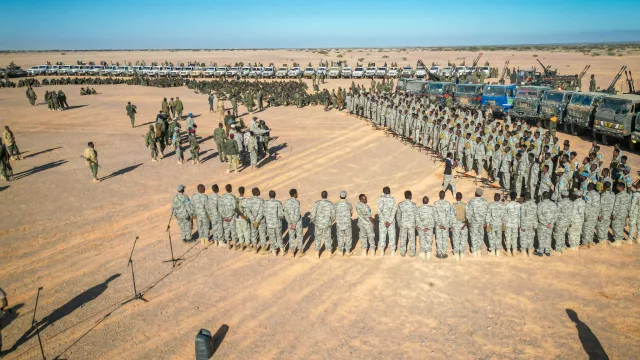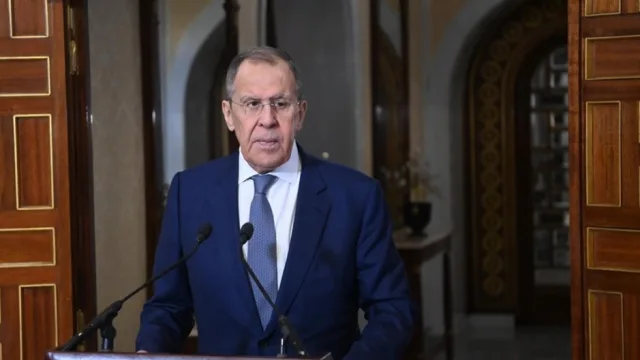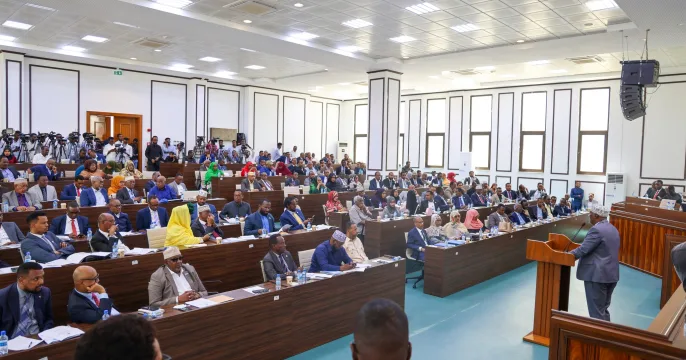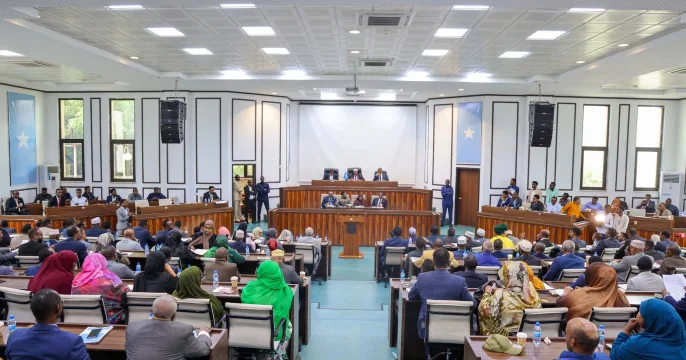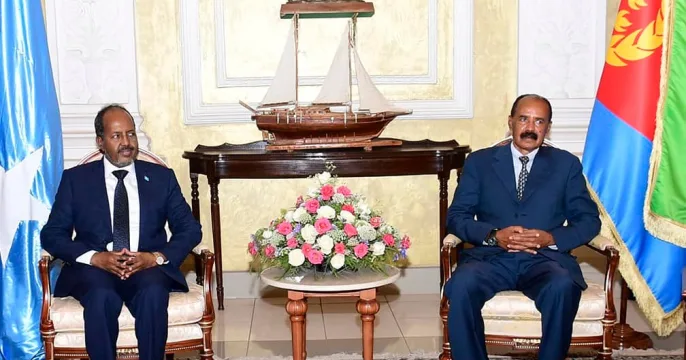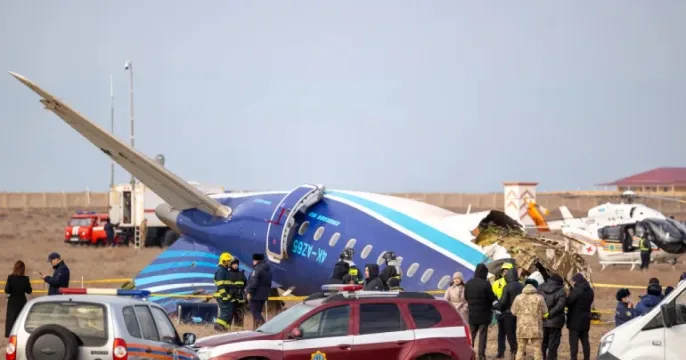Somalia insisted Saturday that Ethiopia will not be part of a new African Union peacekeeping mission,…
Somalia insisted Saturday that Ethiopia will not be part of a new African Union peacekeeping mission, as the two nations remain locked in a dispute that has sent shivers through the Horn of Africa.
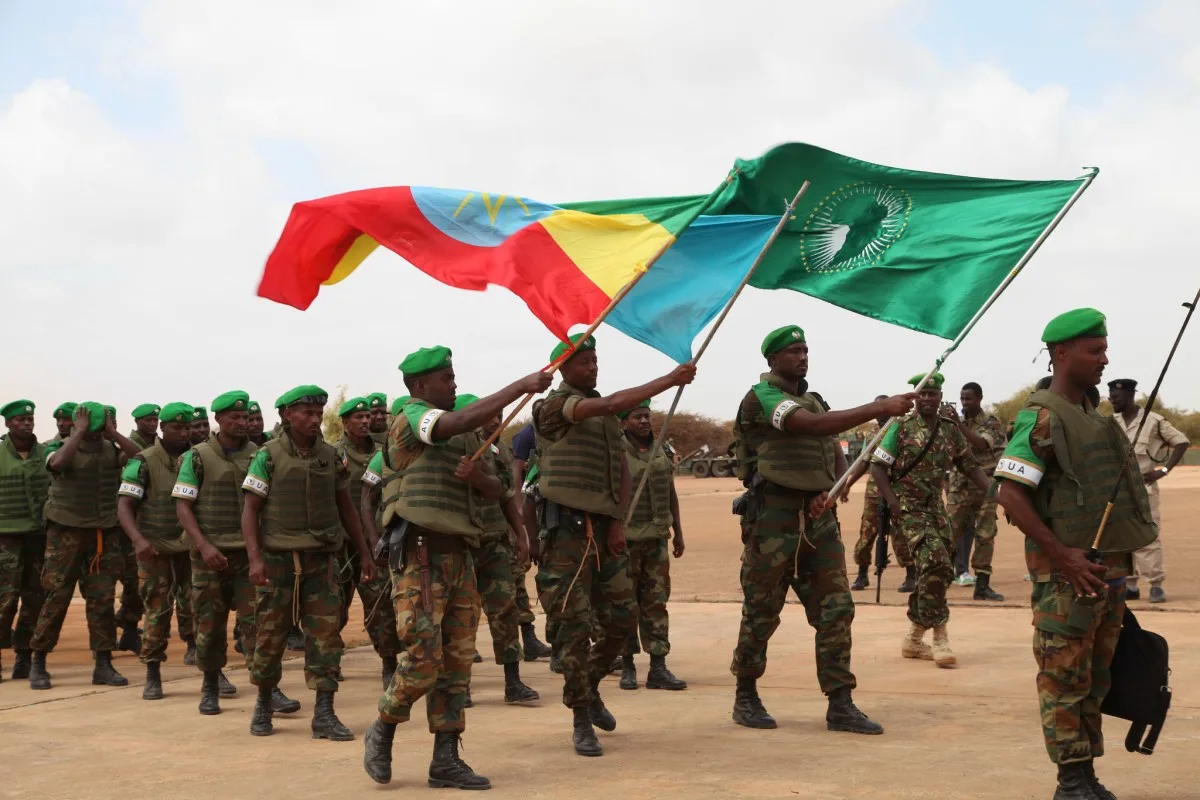
Somalia insisted Saturday that Ethiopia will not be part of a new African Union peacekeeping mission, as the two nations remain locked in a dispute that has sent shivers through the Horn of Africa.
African Union troops have been engaged in the fight against Al-Shabaab jihadists in Somalia since 2007, with the aim of eventually handing over security responsibility to national forces.
The current AU force in Somalia known as ATMIS — which includes about 3,000 Ethiopian troops — is due to wrap up at the end of the year, to be replaced by a revamped mission called AUSSOM.
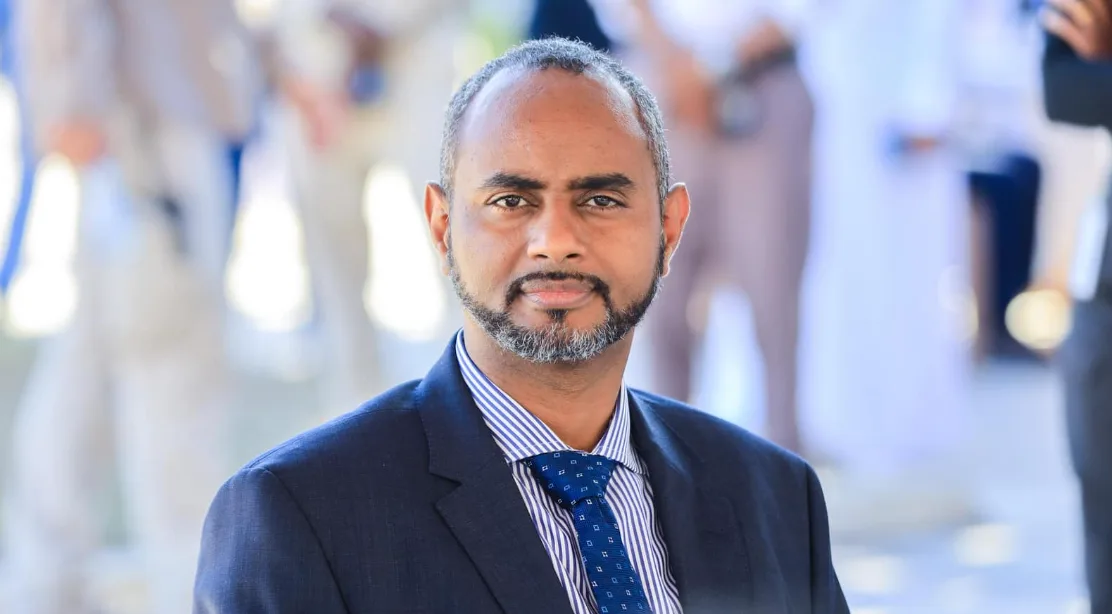
“Ethiopia is the only government we know of so far that will not participate in the new mission because it has violated our sovereignty and unity,” Somalia’s Defence Minister Abdulkadir Mohamed Nur said in a television interview.
The two neighbours have been at loggerheads since landlocked Ethiopia in January struck a deal with the breakaway Somali region of Somaliland to lease a stretch of coastline for a port and military base.
Mogadishu, which has never recognised Somaliland’s 1991 declaration of independence, has branded the agreement an assault on its sovereignty and territorial integrity.
Last month Somalia, Eritrea and Egypt forged a security cooperation deal seen as an anti-Ethiopia front, and Mogadishu has also boosted military ties with Cairo, which has offered troops for the new AU mission.
ATMIS has been gradually drawing down troops from around 20,000 to under 13,000 now while the new mission is expected to number less than 12,000, according to a UN report in August.
As well as Ethiopia, which also has troops in Somalia operating under separate bilateral agreements, other countries that contribute to the AU force include Burundi, Djibouti, Kenya and Uganda.
Nur said Somalia would be launching a procedure to invite governments to take part in AUSSOM, which is expected to operate until the end of 2028.
“When the time comes we will announce the new governments that will join and the previous ones who will not be part of the new mission,” he added.
He said there would be a “major difference” between AUSSOM and its predecessor, including sharply reduced troop numbers and deployments in limited locations.
The Somali government in 2022 launched an “all-out” offensive against Al-Shabaab backed by the AU force but the Islamist militants continue to wage attacks against civilian, political and military targets.
